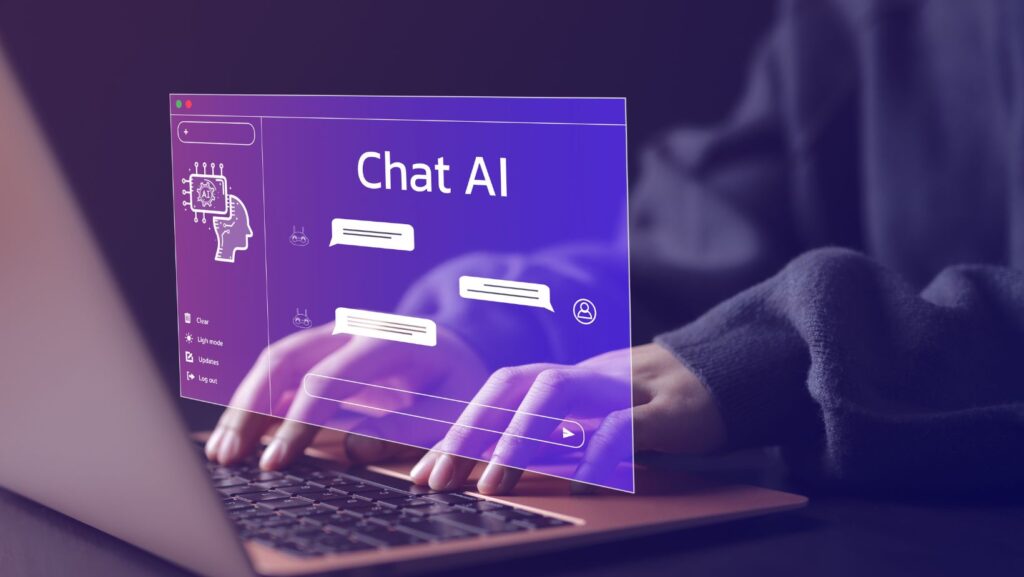Artificial intelligence healthcare is transforming the way we approach medical treatment. As a seasoned blogger in the tech industry, I’ve witnessed firsthand the incredible impact AI is having on patient care and outcomes. From diagnosing diseases to personalized treatment plans, AI is revolutionizing the healthcare landscape.
I’ll delve into how AI is reshaping the healthcare industry, providing insights into the latest advancements and breakthroughs. With my expertise in SEO-optimized content, I’ll guide you through the key benefits of AI in healthcare and how it’s enhancing efficiency and accuracy in diagnosis and treatment. Join me on this journey to explore the endless possibilities of artificial intelligence in revolutionizing healthcare.
Artificial Intelligence Healthcare
Artificial Intelligence (AI) has significantly transformed the healthcare landscape. AI algorithms have shown remarkable abilities in analyzing complex medical data swiftly, leading to more accurate and timely diagnoses. Through machine learning, AI can identify patterns in patient information that might go unnoticed by human clinicians. This not only enhances diagnostic accuracy but also enables healthcare providers to detect diseases at earlier stages, improving patient outcomes and reducing healthcare costs.
In addition to diagnosis, AI plays a crucial role in personalizing treatment plans for patients. By leveraging AI-powered tools, healthcare professionals can tailor therapies and medications to individual needs, optimizing treatment effectiveness. Furthermore, AI-driven systems can continuously monitor patient data, providing real-time insights to healthcare teams and alerting them to any deviations from normal parameters.

Diagnosing Diseases with AI
When it comes to diagnosing diseases, AI plays a crucial role in enhancing accuracy and efficiency. By analyzing vast amounts of medical data, AI algorithms can swiftly identify patterns and trends that might be challenging for human practitioners to detect. This leads to more precise and timely diagnoses, ultimately improving patient outcomes.
One of the key advantages of utilizing AI in diagnosis is its ability to consider a multitude of variables simultaneously. This comprehensive approach enables AI systems to identify subtle indicators of disease that may go unnoticed by healthcare professionals, especially in cases where multiple factors contribute to a complex medical condition.
Personalized Treatment Plans
Creating Personalized Treatment Plans is a key area where artificial intelligence (AI) is revolutionizing healthcare. With AI algorithms analyzing vast amounts of patient data, individualized care tailored to a patient’s unique characteristics is now possible. By considering a patient’s genetic makeup, medical history, lifestyle factors, and even environmental influences, AI can recommend precise treatment strategies. This customization leads to better outcomes and improved patient satisfaction. In the realm of disease diagnosis, AI can identify patterns and trends that help predict disease progression, allowing for proactive interventions.
Some AI applications utilize machine learning to continuously refine and update treatment plans based on real-time data, ensuring that patients receive the most up-to-date and effective care. This adaptability and responsiveness contribute to optimized treatment outcomes, minimizing the risk of adverse events or ineffective interventions.

Enhancing Efficiency and Accuracy in Diagnosis and Treatment
Artificial Intelligence (AI) in healthcare is truly revolutionizing the industry by enhancing efficiency and accuracy in diagnosis and treatment. With AI algorithms, healthcare providers can analyze vast amounts of data swiftly, leading to quicker and more accurate diagnoses.
In treatment, AI assists in creating personalized care plans based on the patient’s genetics, lifestyle, and medical history. This tailored approach increases the accuracy of treatment decisions and helps in predicting the most effective interventions.
One significant way AI improves efficiency is through real-time monitoring. By continuously analyzing patient data and adjusting treatment plans accordingly, AI optimizes care delivery and reduces the risk of errors.
The Future of AI in Revolutionizing Healthcare
As AI continues to advance, the future of healthcare is poised for even more remarkable transformation. Research shows that by 2026, the global AI in the healthcare market is projected to reach $51.3 billion. The potential for AI to revolutionize healthcare lies in its ability to enhance diagnostics, treatment, and patient outcomes. With AI, personalized medicine tailored to an individual’s genetic makeup and unique health profile is becoming more achievable, paving the way for more effective and targeted treatments.
In the coming years, we can expect further integration of AI-powered technologies in healthcare systems worldwide. AI chatbots are already revolutionizing patient care by providing 24/7 support and guidance, improving accessibility and enhancing the patient experience. Predictive analytics powered by AI are enabling healthcare providers to forecast disease outbreaks, optimize treatment strategies, and allocate resources more efficiently.



